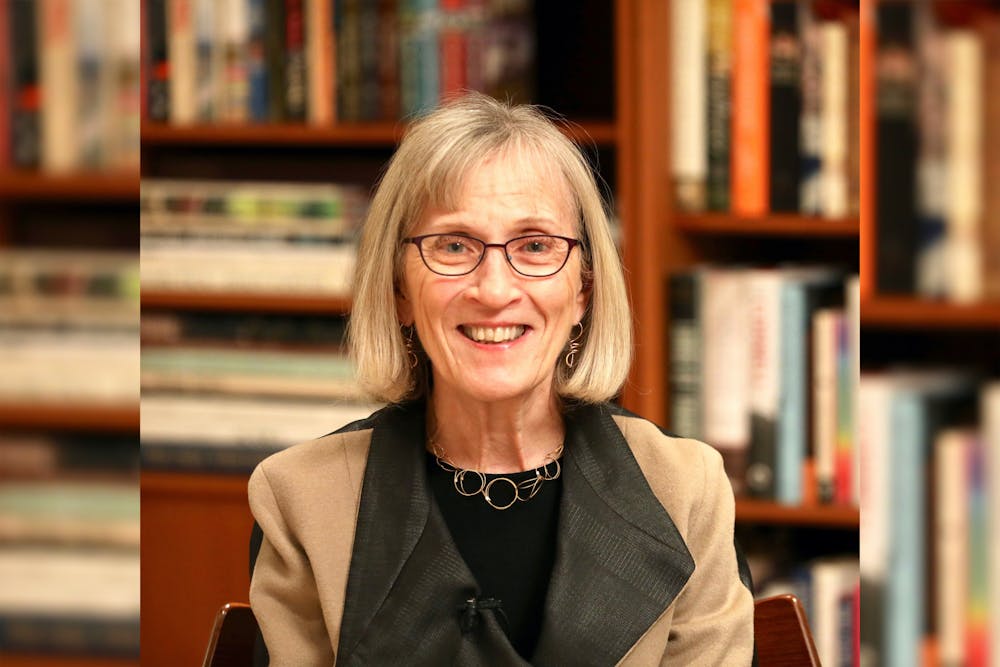Former Penn professor Claudia Goldin was awarded the 2023 Nobel Memorial Prize in Economic Sciences.
Goldin is the third female recipient of the Nobel Prize in Economics and the first woman to earn this honor alone. The Royal Swedish Academy of Sciences recognized her for her significant contributions to researching women's roles in the job market.
During her time at Penn from 1979 to 1990, Goldin held several prominent roles. She first served as an associate professor of economics from 1979 to 1985 and then as a professor of economics from 1985 until 1990. She also briefly served as the director of graduate studies from 1983 to 1984.
In 1989, Goldin was the recipient of the Kravis Award for Outstanding Undergraduate Teaching in Economics, which is awarded by the Penn Economics department to two standing faculty, one tenured, one not, each year.
Her research centers around the role of women in the workforce. Her work includes research on the introduction of contraceptives as they relate to the wage gap between men and women. Her research has also shown that much of the difference in earnings between men and women in the same profession can be attributed to the birth of the first child.
According to the Nobel Prize press release, "[Goldin] uncovered key drivers of gender differences in the labour market."
Goldin is the third Nobel prize recipient to be affiliated with the University this year. On Oct. 2, it was announced that Penn Medicine's Drew Weissman and Katalin Karikó had received the 2023 Nobel Prize in Medicine for their messenger RNA research.
Goldin currently serves as the Henry Lee Professor of Economics at Harvard University and the co-director of Gender in the Economy Group at the National Bureau of Economic Research. As a monetary prize, Goldin received 11 million Swedish kronor, or close to $1 million.
RELATED:
Penn graduate Elon Musk retains his top spot on the 2023 Forbes 400 List of Wealthiest Americans
Two Penn professors elected to American Philosophical Society
“It means a tremendous amount,” Goldin told the Harvard Crimson. “Big ideas and long-term change matters, and I am delighted.”









